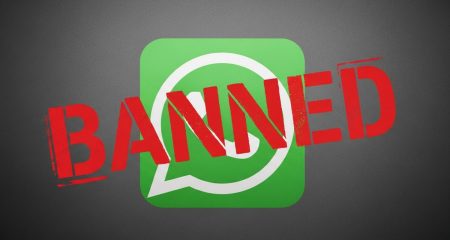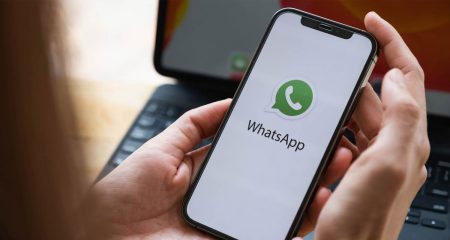
Facebook has increased its number of African users to 170m and plans to expand further by adding Wi-Fi hotspots and fibre-optic cables, in a bid to spread its reach outside of developed markets.
The figure is 42% higher than when the US social network first opened an Africa office in 2015, Carolyn Everson, vice president of global marketing, said in an interview in Johannesburg on Tuesday.
The roll-out of Wi-Fi in Nigeria and Kenya will be done via partnerships with international wireless carriers such as Emirates Telecommunications Group and closely held Surf respectively, she said.
Facebook also announced the construction of 770km of fibre in Uganda alongside Bharti Airtel of India earlier this year.
“There is no magic bullet to provide the Internet to people on the continent,” Everson said near the site of Facebook’s new, larger office in Johannesburg. “We are using everything available to us, including rolling out Express Wi-Fi, building fibre and testing our Aquila project,” she said, referring to unmanned solar powered planes that provide Internet access from the sky.
The plans are part of a long-term investment push by Facebook in Africa, the social network’s least developed market with less than 10% of its 1,9bn users worldwide.
The Menlo Park, California-based company is trying to take advantage of a young population, greater connectivity and the increasing availability and affordability of smartphones to access new customers. Other US companies targeting African growth include Google, which said last month it’s laying fibre-optic cable and easing access to cheaper Android phones.
“People are sensitive to data prices on the continent. Infrastructure is expensive and that is why we are looking for partners,” Everson said. “We are partnering with telecoms infrastructure projects and as a result bring down the price of data.”
The company’s instant messaging service, WhatsApp, is proving “very popular” in Africa, she said, more so than Facebook Messenger.
Facebook will also revisit its plan to use a satellite to connect rural Africa after the company’s first attempt was scuppered last year by an exploding SpaceX rocket, the executive said. — (c) 2017 Bloomberg LP




